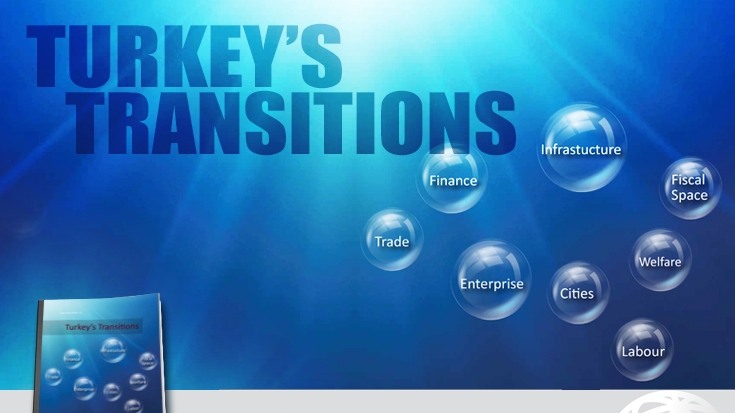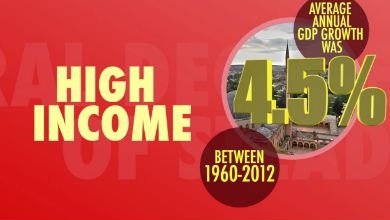Turkey has always been a country of strategic significance: its geographic position as a bridge between East and West, its long and unique history of relations with the European Union (EU), and the particular route the Republic of Turkey chose towards modernization after its foundation in 1923 have attracted the attention of historian and political scientists a like. More recently, Turkey’s economic success has become a source of inspiration for a number of developing countries, particularly – but not only – in the Muslim world.
| Read: Turkey's Transitions: Integration, Inclusion, Institutions |
|---|
This publication - Turkey’s Transitions: Integration, Inclusion, Institutions - is addressed to policy makers from other emerging markets and from Turkey itself. To the former, it offers lessons in how Turkey progressed towards international integration and increased social inclusion. To the latter, it offers a narrative of the country’s achievements and remaining challenges that may help define the reform agenda going forward.
Over the last two years, however, questions have emerged over the lessons to be drawn from Turkey’s experience. Economic growth has come down to a modest 3-4% range - from well over 5% during 2002-2011 - and risks related to the country’s large external financing needs have not been banished. Critics have raised questions over the strength of Turkey’s legal and economic institutions, and economists are concerned that Turkey may remain ‘trapped’ in its current middle income status.
An objective assessment of what has worked well and what needs to change is also important in the context of Turkey’s domestic policy debate. A failure to appreciate the roots of Turkey’s achievements and understand the policies that contributed to them may precipitate costly reversals.
Turkey’s policy framework needs to adjust if the country is to progress to high income, but such adjustment should build on the pro-market and pro-European orientation adopted in the aftermath of Turkey’s crisis in the early 2000s. Turkey’s achievements have had several fathers. Turkey’s vigorous political debate overshadows the fact that progress was based on a broad consensus in economic policy. This consensus should be nurtured.

